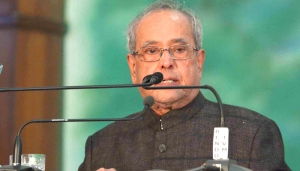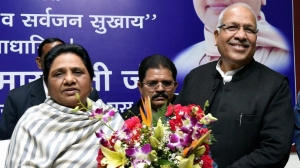Haryana government tightens food-safety inspections ahead of Diwali after multiple reports of adulteration

Gurgaon, Haryana — September 18, 2025 With Diwali approaching, the Haryana government has launched a vigorous crackdown on food adulteration and unsafe food practices across the state in a bid to protect public health and boost consumer confidence. Key focal points include inspecting dairy and paneer (cottage cheese) producers, namkeen (savory snack) units, and cafes/restaurants in both urban and peri-urban zones. Government teams, including the Food Safety Department, the CID, and special flying squads, are carrying out surprise raids, sampling food products, and shutting down units found violating safety norms. In the Basai industrial area, for instance, a namkeen manufacturing unit was raided when authorities suspected the use of substandard ingredients. Similarly, in Nuh district, multiple dairies were found producing paneer adulterated with substances such as soybean, palm oil, and calcium hydroxide (chuna) instead of pure milk. Over 2,200 kg of such adulterated paneer was seized in recent operations. An incident in Gurgaon triggered one of the more high-profile inspections: a coffee shop (Barista, MGF Metro Mall) was reported to have used spoiled milk in a drink, prompting authorities to collect milk samples for laboratory testing. Authorities are also enforcing regulatory compliance. All food units are being asked to produce valid FSSAI licences, and those unable to comply are facing shut-downs or legal action. The inspections are being stepped up especially in marketplaces and food manufacturing clusters to preempt any spike in adulteration around the festive season. Officials say that consumer complaints have increased recently, especially over cheap paneer and milk substitutes. There is concern that unscrupulous businesses might exploit demand during festivals when food consumption increases, and oversight may be reduced due to higher volumes. Therefore the government is aiming to restore public trust, reduce health hazards, and ensure that food safety norms are taken seriously across the board. The timing is sensitive: foodborne illnesses can spike during festivities due to poor handling, storage, or use of low-quality/substitute ingredients. Public health authorities emphasise that even a single outbreak could erode confidence in food safety in the long term. Critics, including consumer rights groups, argue that past inspections have often been reactive rather than preventive, and call for regular monitoring rather than just pre-festival drives. Some also demand transparency in sharing test results and penal actions so that consumers know which units are violating rules. To conclude, Haryana’s administration appears to be using the pre-Diwali period as a window of opportunity to act both visibly and effectively on food safety. Whether this will have a lasting impact or fade after the festival remains to be seen — but for now, the government is clearly sending the signal that adulteration will not be tolerated.




